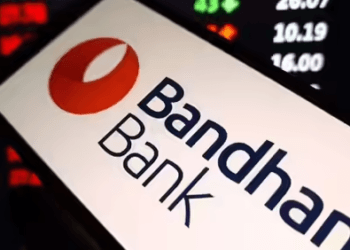Athira Sethu
Kochi, 14 January 2025
Online trading company Robinhood Markets has agreed to pay $45 million to settle charges from the U.S. Securities and Exchange Commission (SEC). The charges were related to record-keeping, trade reporting, and other violations, the SEC announced on Monday.
According to regulators, Robinhood’s subsidiaries, Robinhood Securities LLC and Robinhood Financial LLC, broke several rules. These included failing to accurately report trading activity, delaying reports on suspicious activity, and not following short sale regulations. The SEC also found issues with how the company managed and retained records.
Additionally, Robinhood admitted it did not properly handle communications related to work. Employees used messaging apps and other platforms that were not monitored, which violated rules for keeping work-related communication records. Regulators also found problems with the company’s trading data and cybersecurity measures.
Robinhood confessed it has made mistakes, and the resolution is satisfying. Lucas Moskowitz, Robinhood’s General Counsel, said that the company is ready to move forward. “We are pleased to have resolved these issues and are well-positioned to continue creating innovative products and services for our customers,” Moskowitz stated.
In a statement, the SEC’s acting director, Sanjay Wadhwa, emphasized compliance as a way to avoid violations. He highlighted that Robinhood had repeatedly failed to meet some of the requirements meant to ensure the protection of financial markets and investors.
This is a settlement of adding Robinhood to a list of broker-dealers that have received penalties for their failure to handle employee communications through unofficial platforms.
Robinhood, widely known for commission-free stock trading through its popular app, was subject to growing regulatory scrutiny during the past two years. However, under new management, the company promises to improve operational performance and become compliant with existing regulations.
As a reminder to firms, no firm can become complacent to ignore financial regulatory compliance in efforts to maintain the integrity of the marketplace and investor confidence.





















